Optimal Timing for Stamped Concrete
Understanding the optimal timing for stamped concrete service ensures the best results and longevity. The ideal period depends on climate conditions, project scope, and material curing times. Proper scheduling can prevent issues such as cracking, uneven coloring, or surface damage.
Spring offers moderate temperatures and lower humidity, making it suitable for stamped concrete projects. It allows ample curing time before summer heat or winter cold.
Summer provides warm, consistent weather ideal for curing and finishing stamped concrete. However, high temperatures require proper hydration and shading.
Fall is another favorable period, with cooler temperatures reducing the risk of rapid drying. It’s suitable for projects aiming for quick completion before winter.
Winter is generally unsuitable due to freezing temperatures that can cause cracking and improper curing. Cold weather delays setting times and affects surface quality.
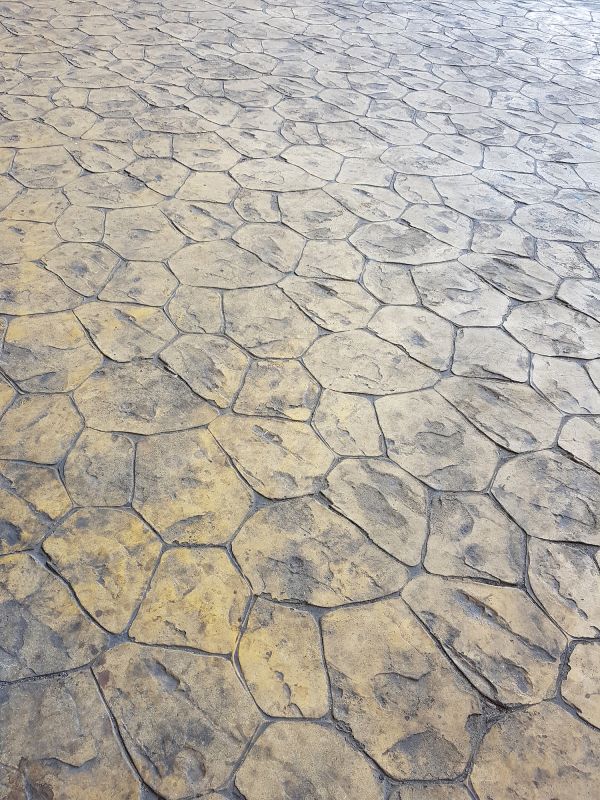
A detailed pattern enhances curb appeal and durability.
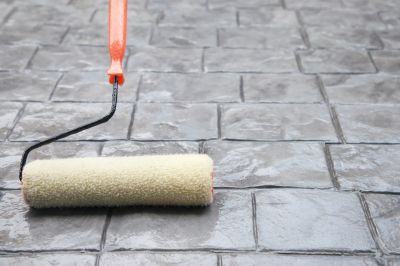
Coloring techniques add aesthetic value to stamped concrete surfaces.
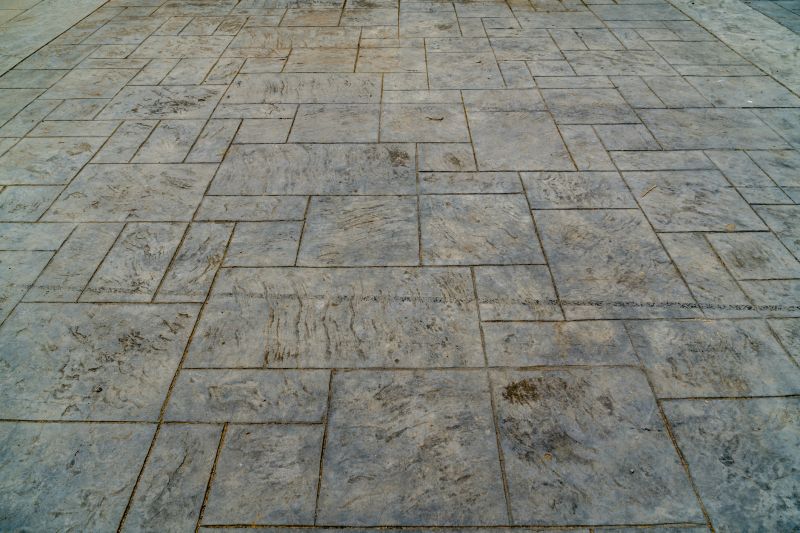
A well-installed stamped concrete driveway offers long-lasting beauty.
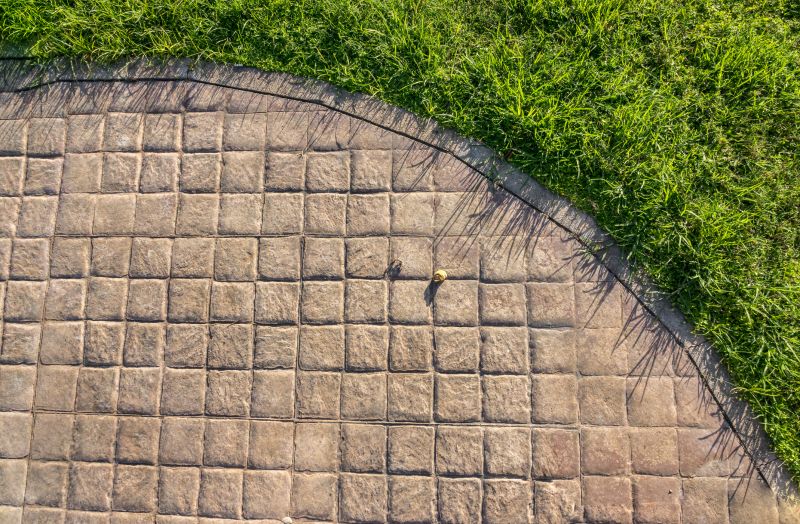
Ways to make Stamped Concrete Service work in tight or awkward layouts.
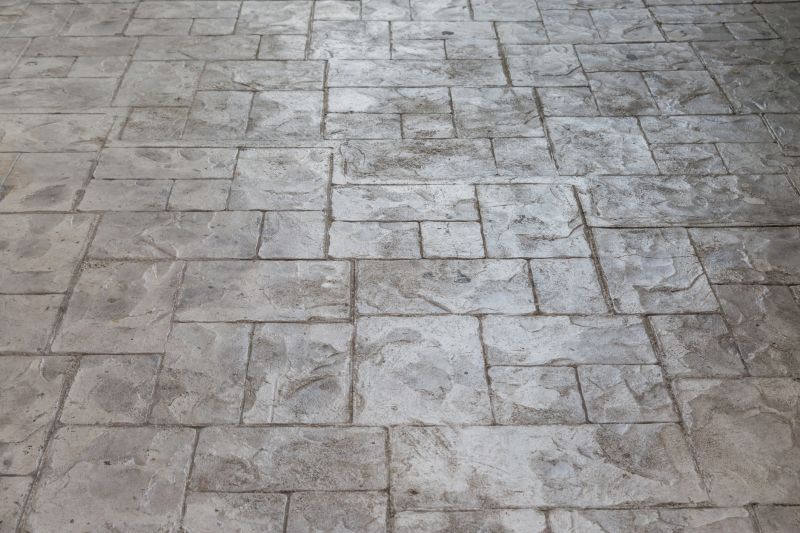
Popular materials for Stamped Concrete Service and why they hold up over time.
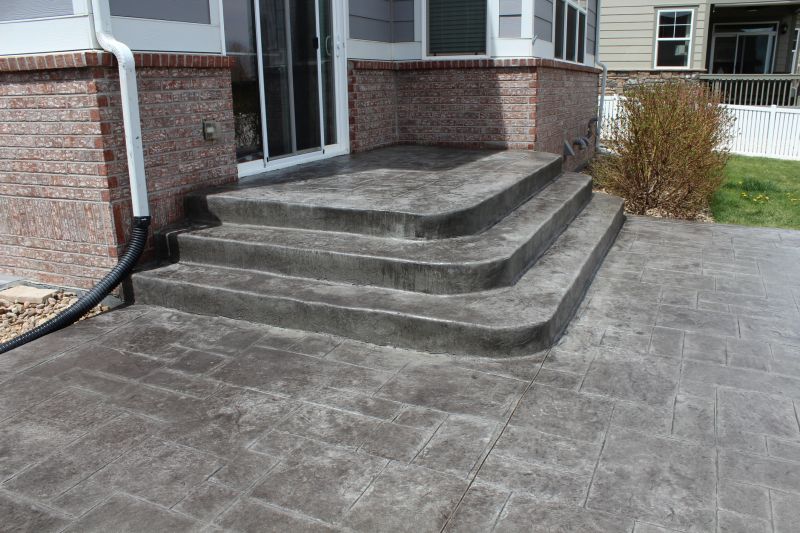
Simple add-ons that improve Stamped Concrete Service without blowing the budget.
| Season | Advantages |
|---|---|
| Spring | Ideal temperatures for curing and installation. |
| Summer | Good for quick setting; requires hydration management. |
| Fall | Cooler weather reduces drying issues. |
| Winter | Not recommended due to freezing risks. |
Stamped concrete service involves imprinting patterns and textures onto freshly poured concrete, creating the appearance of brick, stone, tile, or other materials. It is a popular choice for patios, walkways, driveways, and pool decks due to its aesthetic versatility and durability. Proper timing ensures the concrete cures correctly, which is essential for achieving the desired finish and longevity. Weather conditions significantly impact curing times and surface quality, making seasonal planning crucial.
Statistics indicate that properly scheduled stamped concrete projects can last for decades with minimal maintenance. The curing process typically takes about 28 days, during which temperature and humidity control are vital. Scheduling during favorable weather conditions reduces the risk of surface defects and enhances color consistency. Additionally, avoiding extreme temperatures prevents cracking and surface deterioration, ensuring the stamped concrete maintains its appearance over time.
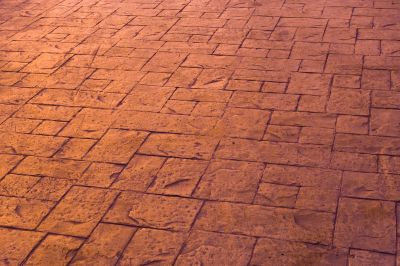
Enhances curb appeal with intricate patterns.
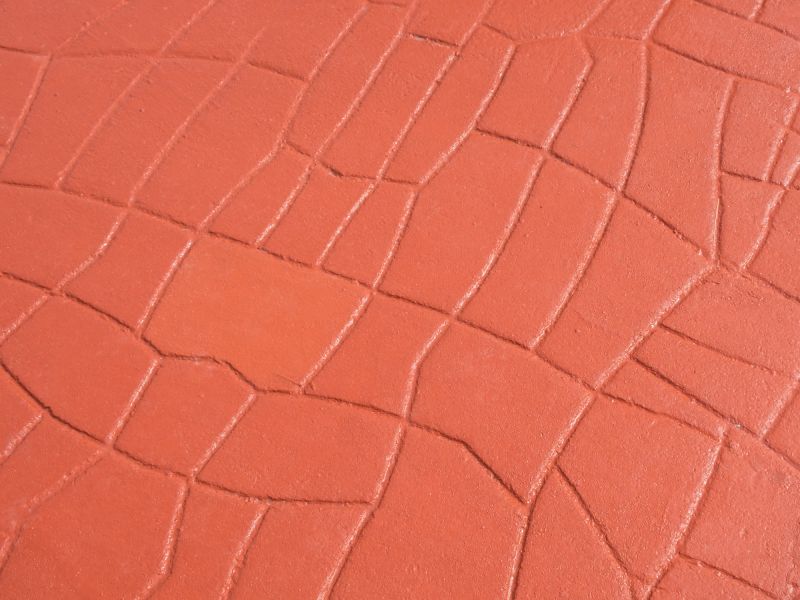
Vibrant colors add character to outdoor spaces.
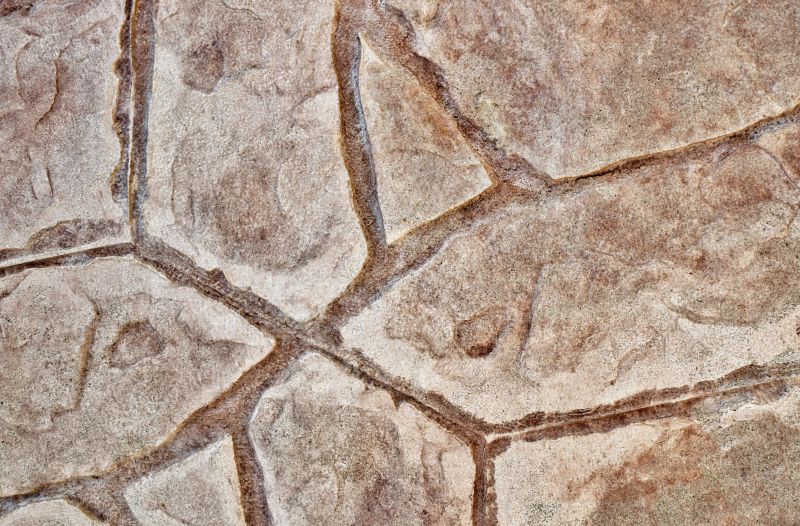
Provides slip resistance and aesthetic appeal.
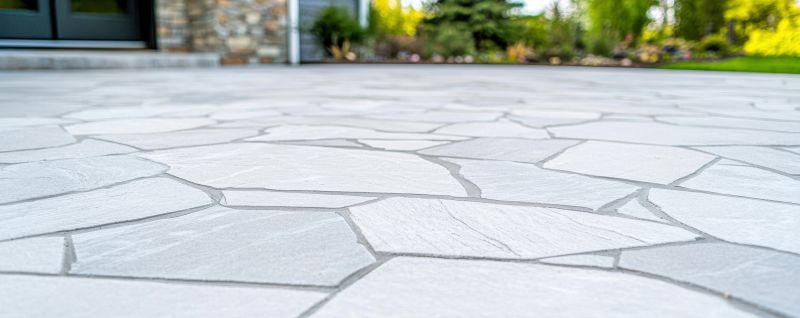
Combines functionality with decorative design.
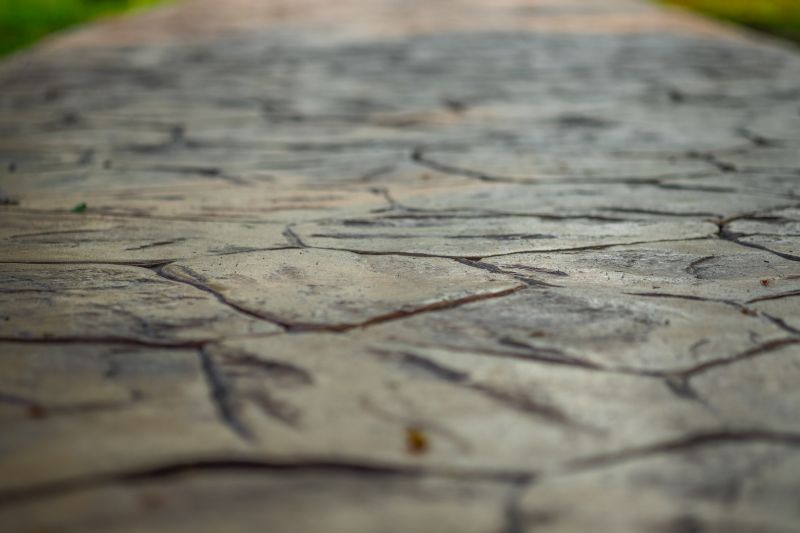
High-end options that actually feel worth it for Stamped Concrete Service.
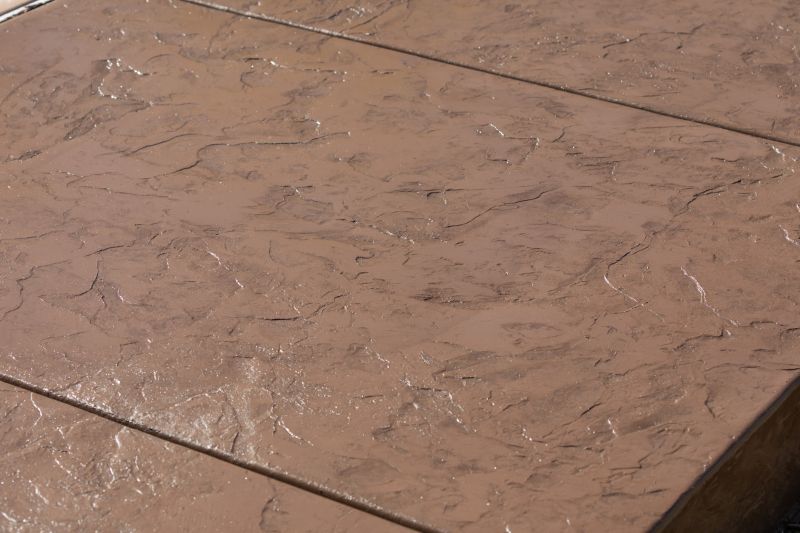
Finishes and colors that play nicely with Stamped Concrete Service.
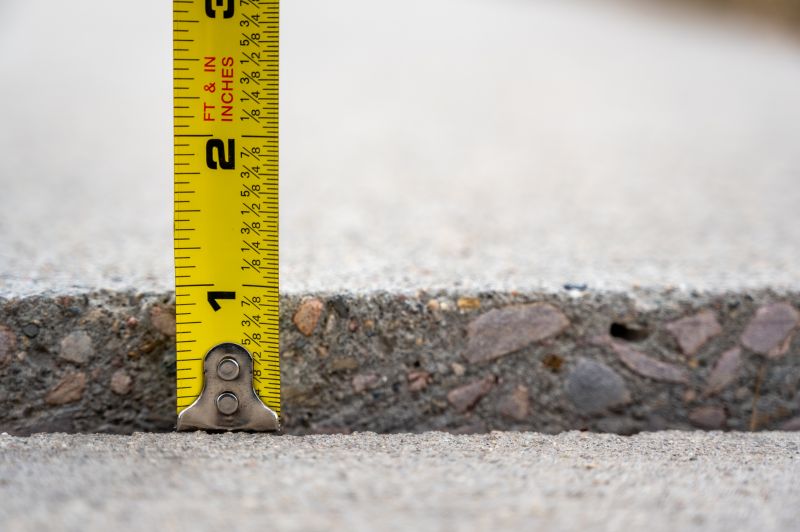
Little measurements that prevent headaches on Stamped Concrete Service day.
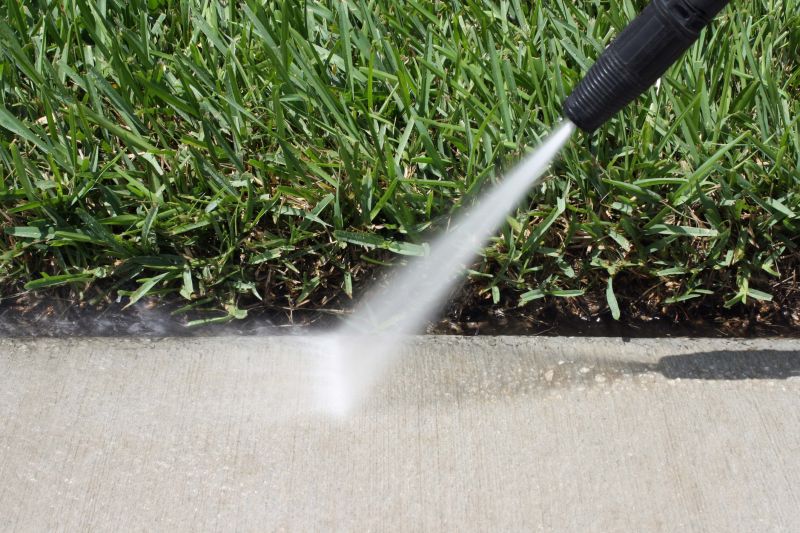
A 60-second routine that keeps Stamped Concrete Service looking new.
Interested in scheduling stamped concrete service? Filling out the contact form can help determine the best timing based on specific project needs and seasonal considerations. Proper planning ensures the installation process aligns with weather conditions for optimal results.

